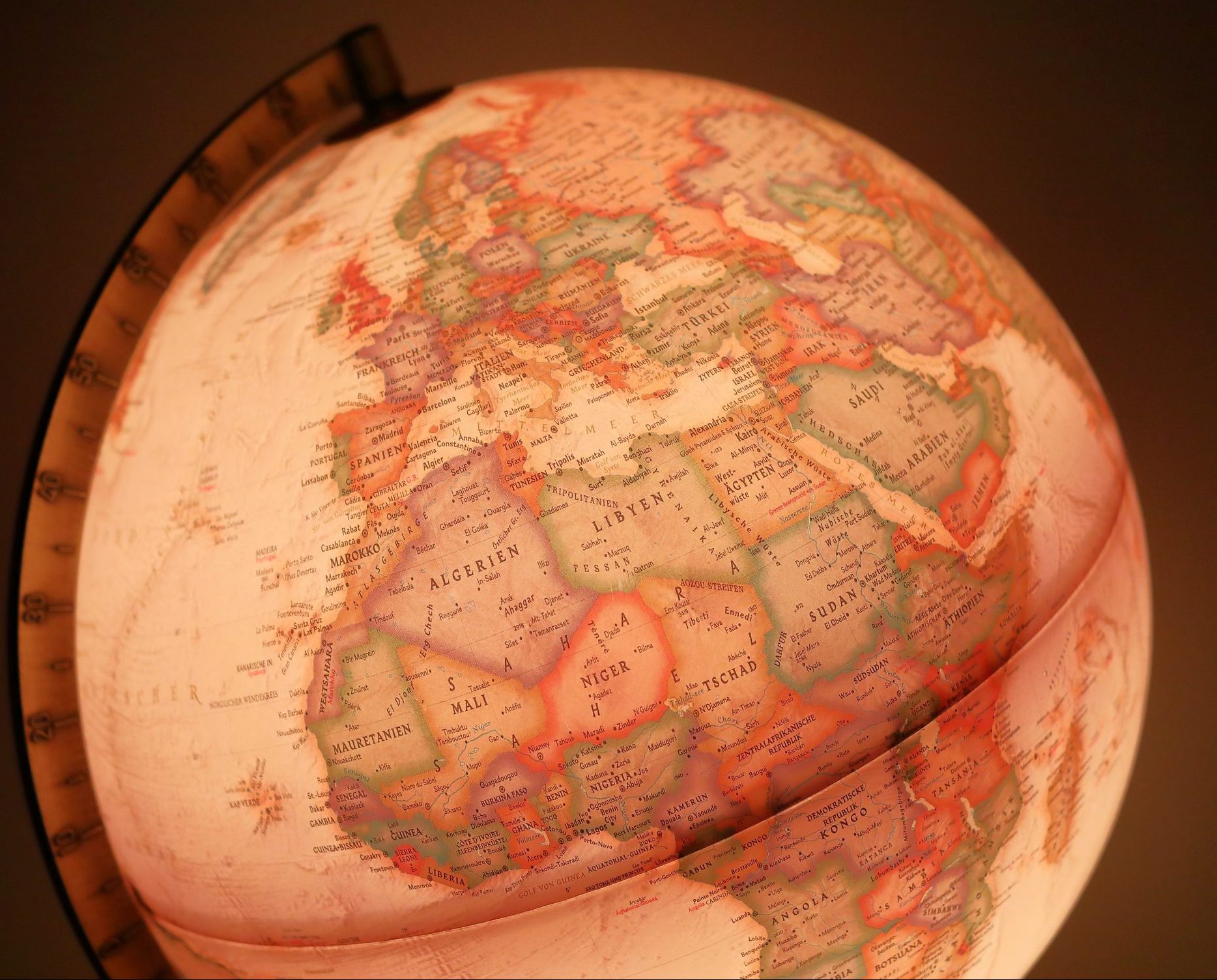News from Ethiopia in early 2021 from many international media outlets has focused on whether the government will or will not ask for debt suspension or cancellation under a new framework that has been agreed by the Group of 20 countries, including China, in order to help poorer countries deal with COVID19. The framework is meant to also somehow involve debt forgiveness from the private sector. However, for Ethiopia, this misses the point. Private sector debt accounts for just 4% of its loans, and China 23%. It is multilateral institutions such as the World Bank account for 45% of the country’s debt burden, which are still not part of the framework.
Not only this, looking only at debt misses a bigger picture which is just as if not more important for the country’s future recovery and prosperity. The major challenge for Ethiopia is how it can increase trade and exports post-COVID19 from the current 7.9% of GDP, one of the lowest in Africa. This is a major goal of Ethiopia’s Ambassador to China, His Excellency Teshome Toga, who has been in his role for the past two years.
In an exclusive interview for our Africa Unconstrained: Perspectives on the Continent’s New Eravideo series, in partnership with Quartz Africa, the Ambassador revealed that the Ethiopian government has a strategy for working with China, with a key part aimed at increasing and adding value to exports to China.
How and why? Being based in China, the Ambassador is keenly aware that the Chinese government has just launched a new post-COVID19 domestic strategy, which could have potentially big implications for African countries’ trade flows. The strategy is called “dual circulation” and implies several simultaneous shifts. It implies more focus on growing Chinese domestic consumer markets as a source of growth and more focus on domestic high-tech manufacturing, while reducing dependency on exports of low-value manufactured goods, and on singular sources of imports into China.
Potentially in contrast to countries that currently export value-added, high-tech products to China, such as the US, Germany, France or the UK, this new dual circulation strategy could be positive for African countries. African countries currently make up just 4% of China’s imports, primarily exports of raw natural resources and agricultural goods from the continent, so may benefit from the trade diversification and consumer market growth the new policy implies.
At least, that is what Ethiopia’s Ambassador to China is betting on whenever he travels across China or joins live-streaming sessions to promote the country as a trade and investment destination to Chinese consumers, manufacturers and local government leaders alike.
In our interview, Ambassador Toga, who was previously Minister of Public Enterprises in Ethiopia, also talks candidly about the challenges the country is currently facing in paying for the country’s continuing COVID19 response, as well as the Government’s aspirations to attract more concessional loans from China as well as direct investment from Chinese companies. The necessity is there – 82% of the Ethiopian population still don’t have access to the internet, 70% don’t have access to drinking water, while 55% don’t have access to electricity.
The Ambassador also shares his view on the importance of African countries working together rather than one-by-one to get the most out of the China relationship, as well as relationships with other development partners.
This is the second video in the Africa Unconstrained video series, with many more to come. Throughout 2021 Development Reimagined and Quartz Africa will be sharing the insights from more interviews with key African thought-leaders on some of the trickiest questions relating to African economics, and the relationship between African countries and China.
Watch the interview with Ambassador Toga here and visit the bespoke website: www.africaunconstrained.com for more information.
To find out more about how Development Reimagined can help you with thought-provoking research, contact our team at: clients@developmentreimagined.com
February 2021


